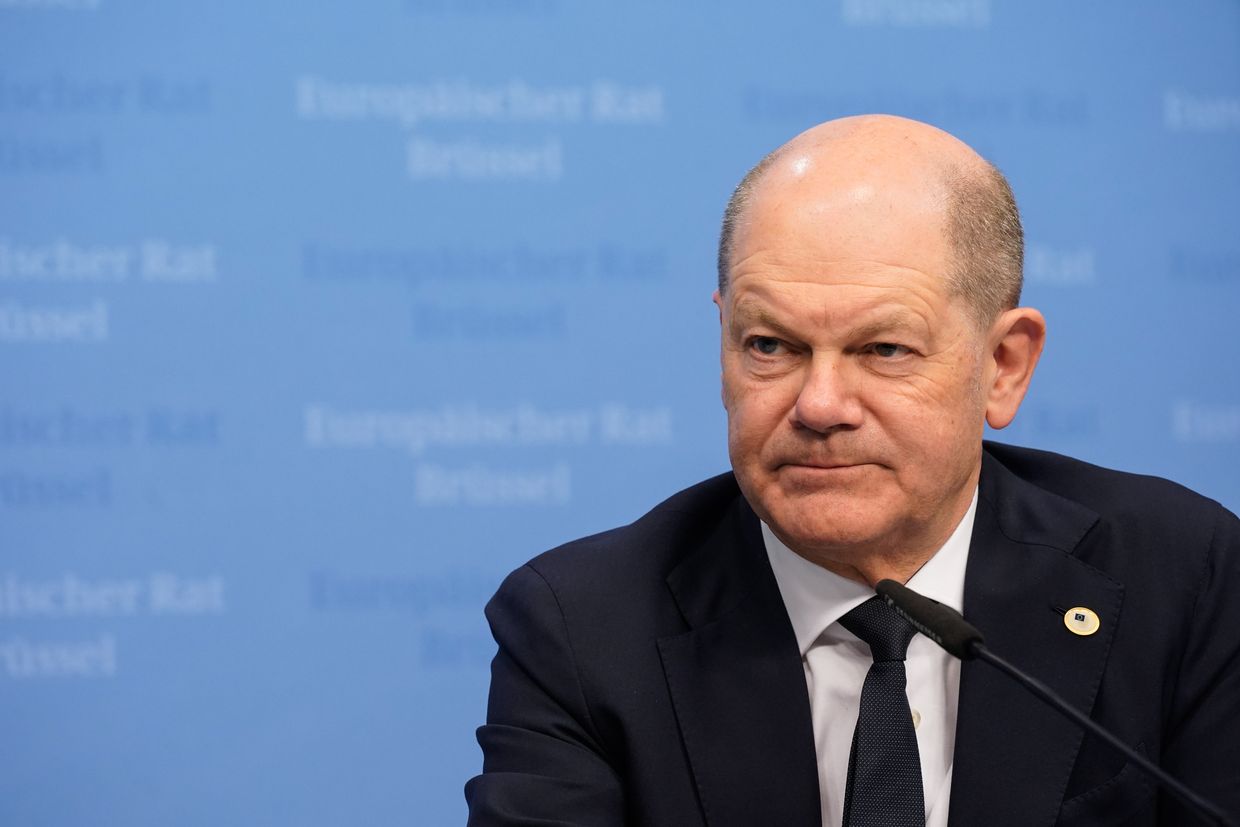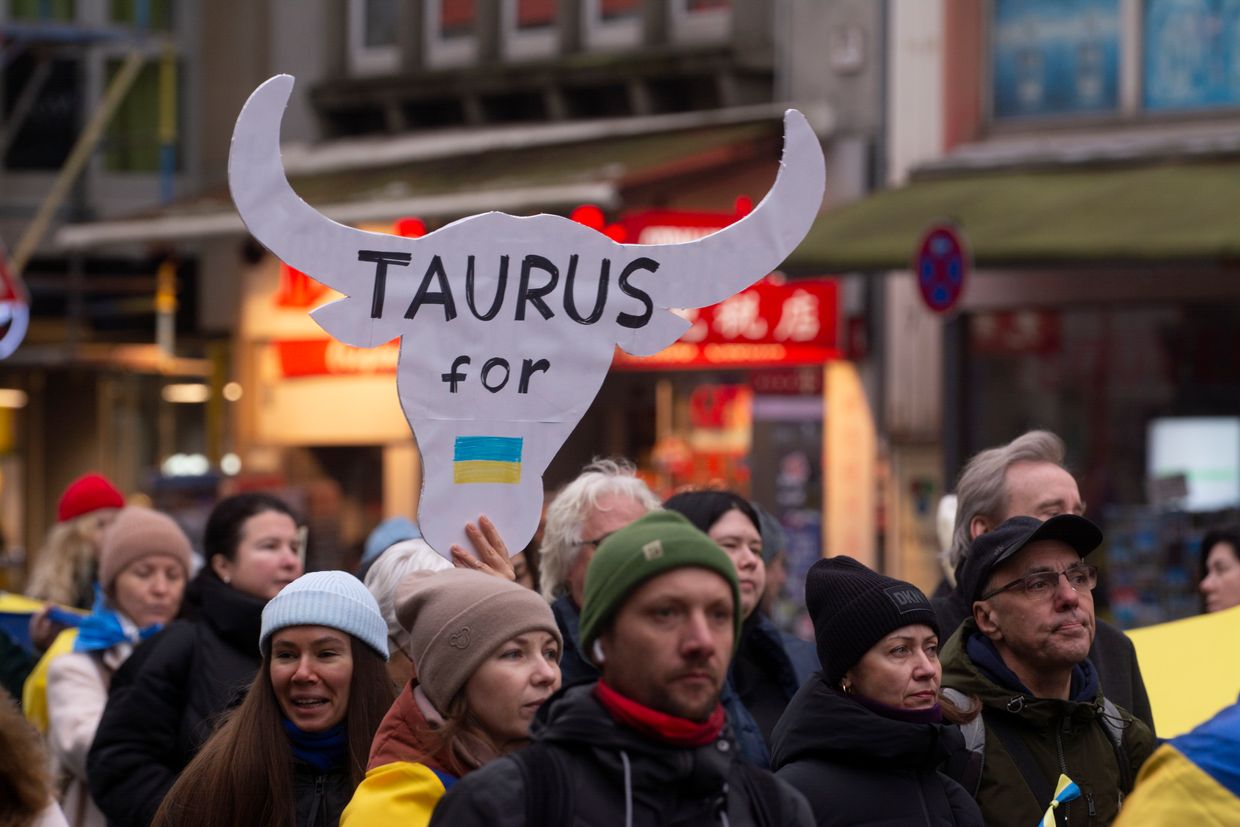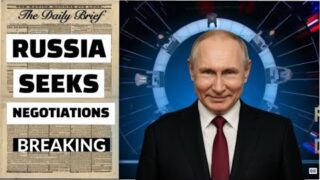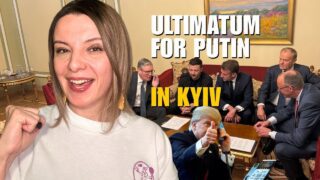
Scholz criticized opposition for proposing Taurus missiles ultimatum for Russia
German Chancellor Olaf Scholz criticized opposition leader Friedrich Merz for proposing that Berlin send Russia an ultimatum about possible deliveries of Taurus cruise missiles to Ukraine.
According to Tagesschau, Scholz made the statement at his party conference in Berlin.
"All I can say is: be careful! You don't play Russian roulette with Germany's security," Scholz said, claiming that Merz wants to give Russia, a nuclear power, an ultimatum about possible transfers of long-range Taurus missiles.
Scholz's statement comes as Germany faces political turmoil, with opposition criticising the Chancellor's consistent refusal to send German-made Tauruses to Ukraine.
During the conference, Scholz emphasized the importance of a calm and measured approach, according to the report. When it comes to questions of war and peace, cooler heads are needed, Scholz said. He promised to remain "steadfast and level-headed."
Scholz also stressed that real negotiations on a possible peace plan should not take place "over the head of Ukraine."
Merz, the parliamentary leader and chancellor candidate of the center-right CDU/CSU party, has previously spoken in support of sending Taurus missiles to Ukraine.
"(Russian President Vladimir Putin) should be told that if he does not stop bombing civilians in Ukraine within 24 hours, Germany should send Taurus missiles to destroy the supply lines that the regime uses to harm the civilian population of Ukraine," he told Bundestag on Oct. 16.
Merz is currently the candidate poised to unseat social democrat Scholz in the federal parliamentary elections, which could be held as early as February 2025 due to the collapse of Germany's government coalition in November.
Kyiv has repeatedly asked Berlin, Ukraine's main European backer, to supply Taurus missiles, which have a range of up to 500 kilometers — significantly farther than other Western long-range missiles.
Scholz has consistenly refused to budge on Taurus missile transfers, even as other Western allies, including France, the U.K., and the U.S., eventually sent their own long-range weapons to Ukraine.














